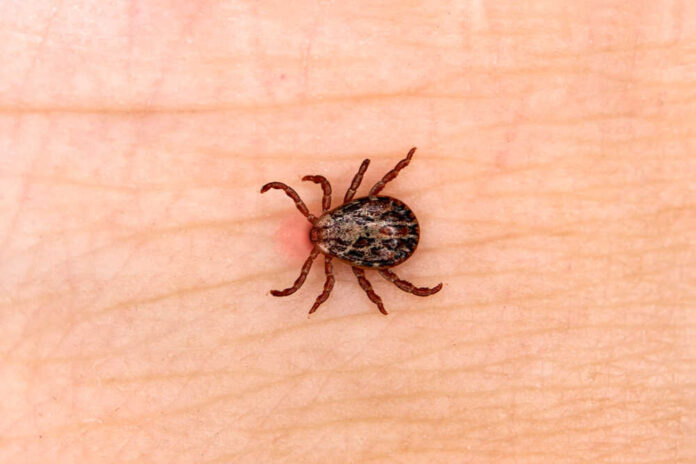
A deadly tick-borne allergy that transforms America’s favorite foods into fatal threats has claimed its first confirmed victim, marking a chilling milestone that should alarm every family who enjoys outdoor activities.
Story Snapshot
- The first confirmed death from alpha-gal syndrome occurred after a New Jersey man died following a steak dinner.
- Lone Star tick bites trigger severe allergic reactions to beef, pork, and lamb.
- Growing deer populations increase the risk of tick exposure across multiple states.
- Symptoms appear 3-5 hours after eating red meat, and are often misdiagnosed initially.
Fatal Reaction Strikes Healthy Father
University of Virginia researchers confirmed the first death from alpha-gal syndrome in a healthy 47-year-old New Jersey man who died in 2024.
The father collapsed after eating a hamburger at a family cookout, with his son finding him unresponsive at 7:37 p.m. An autopsy initially classified the death as “sudden unexplained” until blood tests revealed the tick-borne allergy connection.
A 47-year-old airline pilot from New Jersey is the first person known to have died from alpha-gal syndrome, a red meat allergy caused by a tick bite – NBC reports. pic.twitter.com/fWL8mIRede
— Open Source Intel (@Osint613) November 14, 2025
Tick Larvae Created Deadly Sensitivity
The victim had experienced 12 to 13 itchy “chigger” bites on his ankles during a summer camping trip, which Dr. Thomas Platts-Mills identified as Lone Star tick larvae.
These bites sensitized his immune system to alpha-gal, a sugar present in mammalian meat. Two weeks before his death, the man suffered severe symptoms after eating steak, telling his son he felt like he “was going to die.”
Warning Signs Every American Should Know
Alpha-gal syndrome symptoms include severe abdominal pain, vomiting, and diarrhea occurring three to five hours after consuming beef, pork, or lamb.
Dr. Platts-Mills emphasized that persistent tick bite itching lasting more than a week signals potential sensitization. The delayed reaction time often leads to misdiagnosis, as most allergic reactions occur immediately after exposure to triggers.
Expanding Threat Across Rural America
Rising deer populations across multiple states increase the risk of Lone Star tick exposure for families who enjoy hunting, camping, and other outdoor recreation. Dr. Platts-Mills warned that doctors and patients in tick-endemic areas must recognize the symptoms of alpha-gal syndrome.
Several factors can worsen reactions, including alcohol consumption, recent exercise, and exposure to environmental allergens such as ragweed pollen during outdoor activities.



















